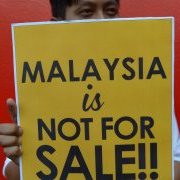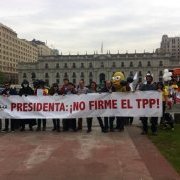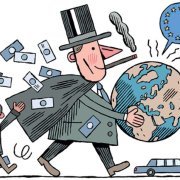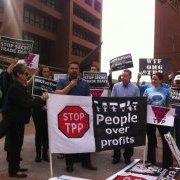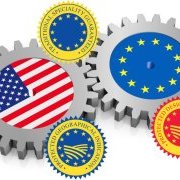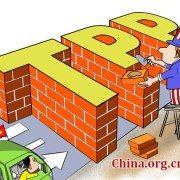20-Jan-2016
The Malaysian Insider
About 30% of small and medium companies risk going under once the Trans-Pacific Partnership Agreement (TPPA) comes into force.
20-Jan-2016
America Fruit
Economic growth and expanding middle class is fuelling demand for US agricultural products.
20-Jan-2016
The Japan Times
High-ranking negotiators from Japan, China and South Korea failed to set goals for how far they want to open their markets in the latest round of talks on a three-way free trade accord.
20-Jan-2016
The Independent
As 2015 Entrepreneur of the Year I am firmly against TTIP and the strain it will place on home grown business owners.
19-Jan-2016
Business Standard
Chief negotiators of India and EU took stock of "outstanding issues", including duty cut on automobiles and movement of professionals, that have held up talks on the proposed free trade agreement.
19-Jan-2016
Financial Post
Suzanne Paquin Leylekian regularly imports materials from Finland, China and other countries with which Canada has no free trade agreement.
19-Jan-2016
Corporate Europe Observatory
How transatlantic regulatory cooperation under TTIP will allow bureaucrats and big business to attack the public interest.
19-Jan-2016
http://www.thepharmaletter.com/arti...
As reported in Indian media, senior officials from the European Commission and India are expected to meet today in Brussels to hold talks on resuming negotiations on the proposed European Union-India free trade agreement.
18-Jan-2016
The Correspondent
Think tanks present themselves as independent providers of arguments, facts, and figures in the ideologically charged debate on TTIP, the pending free trade agreement between the U.S. and the EU. But is that really the case?
18-Jan-2016
Global Research
It is a trade deal that seeks to buttress the dominant role of the United States in shaping the political and economic world order by fending off a formidable challenger like China. At its very core, TPPA is geopolitical.





